Learning the Pandani Montessori Way
Children have an innate curiosity for the world around them, a passion to discover and explore the endless possibilities. For children there are no limitations to what they can achieve, and as you enter our environment the opportunities will unfold right in front of you.
Our program is reflective of the children, with our planned and spontaneous experiences stemming from their interests. The presentation of the materials and the environment aims to inspire the children to be creative, to challenge themselves, to take control of their own learning and through resilience and persistence discover a sense of achievement. We respect and acknowledge the power of play, the importance and influence it has in promoting the optimal learning environment for each and every child.
Inspired by Maria Montessori, the program and education at Pandani is designed to cater for the whole child and their individual needs. The environment will stimulate exploration, curiosity, support, collaboration and independent learning with a sense of self and respect. It is through focusing on the aim and principles of Montessori philosophy that practices are executed to support successful and passionate growth and learning.
Through our carefully designed environment, our program, the knowledge and experience of our Educators, the contributions of our families and the influence of our children we can create an atmosphere where together we can grow and celebrate one another’s achievements.
Principles of
|
Aims of
|
Practices of the Montessori Method
Practices of the Montessori Method fall into three categories:
1. Exercises for Practical LIFE
2. Exercises in Sensory Training: visual (sight), auditory (sound), tactile (feel), olfactory (smell, gustatory (taste)
3. Dida tic exercises (teaching materials / academic subjects)
Periods of Development
Dr Montessori, after years of observing and taking physical and psychological records on thousands of children, outlined the periods of development between birth and six years. Birth to 6 years:
0-3 years: Absorbent Mind – unconscious
3 – 6 years: Absorbent Mind – conscious
Educational divisions should correspond to the natural stages in the child’s development.
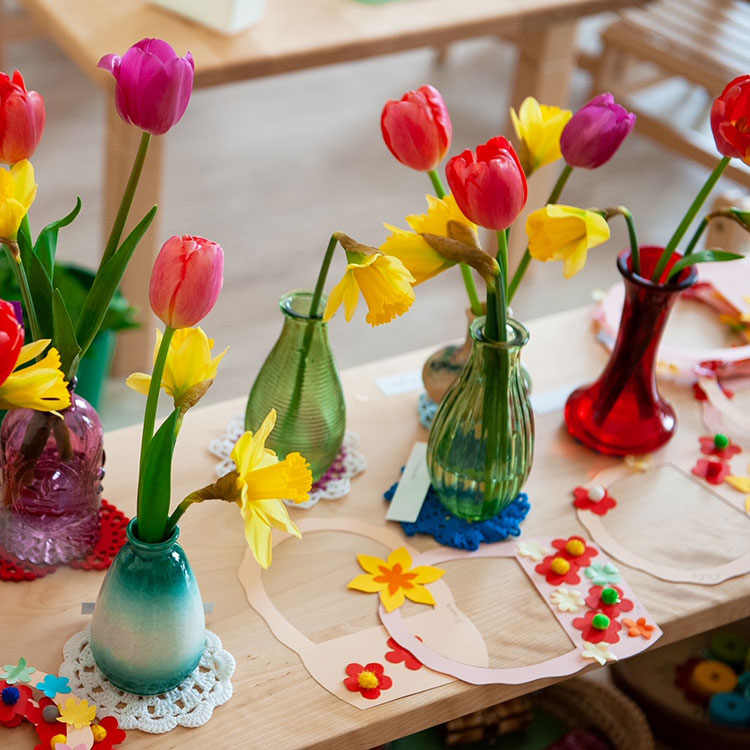
Practice
We draw inspiration from the renowned Montessori educational approach to create a nurturing environment that fosters optimal growth and development. On a daily basis your child will have the opportunity to be involved in thoughtful project work, work that captivates and inspires meaningful engagement. You'll be sure to be impressed with the dedicated Montessori work that your child will be involved in on a daily basis.
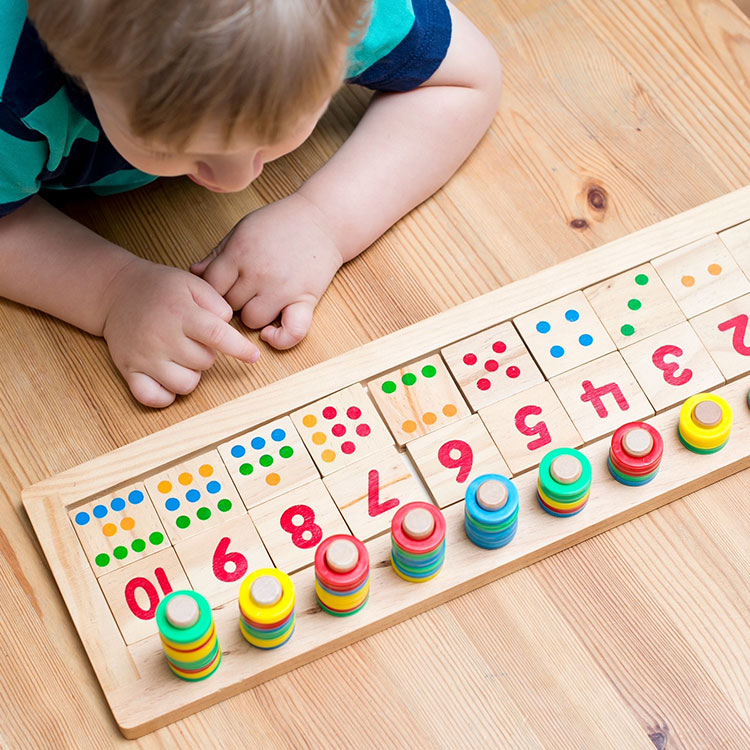
EYLF
We are highly experienced and strongly committed to a high-quality early childhood program that aligns closely with the Early Years Learning Framework (EYLF).
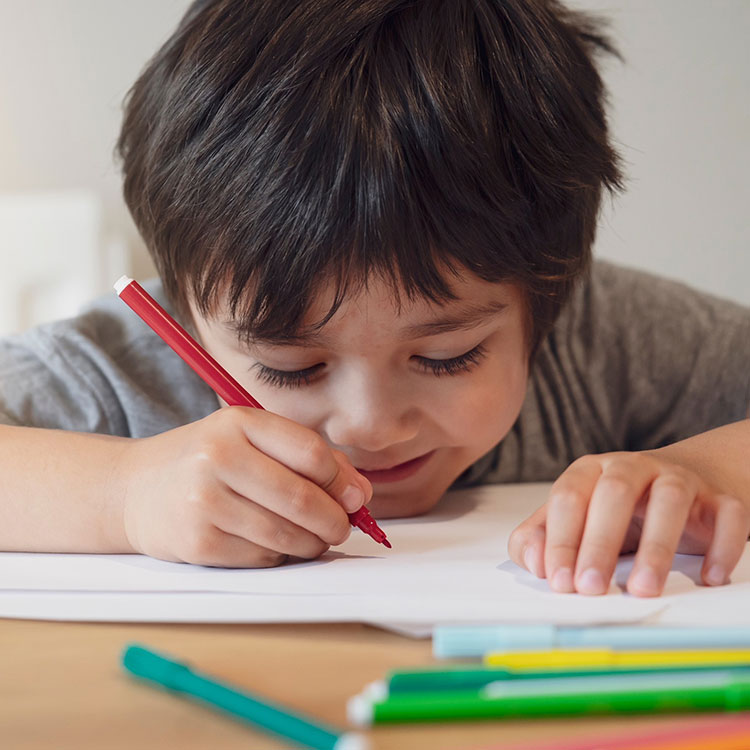
Transition to School
We understand the importance of a seamless transition to school. Our program is designed to prepare your child for this significant milestone and we look forward to working closely with local primary schools to ensure your child is ready and prepared.
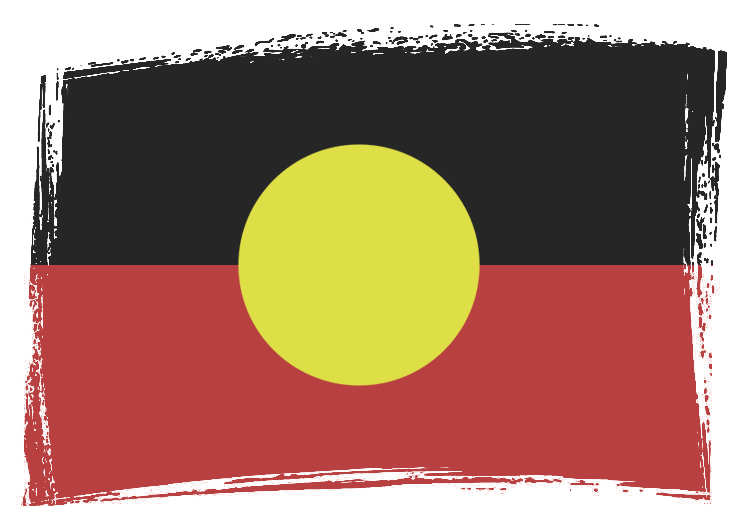
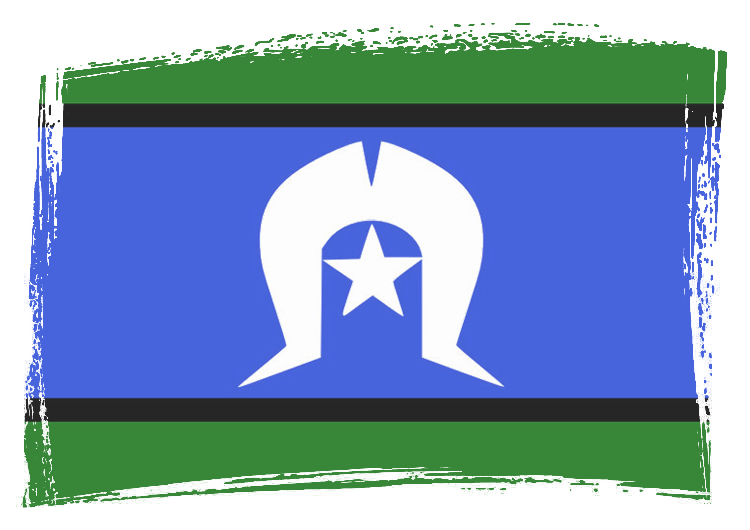
Cultural Connections and Reconciliation
We are committed to providing authentic opportunities for our children to experience a genuine understanding, appreciation and knowledge of other cultures and lifestyles.
Our holistic learning program incorporates fun-filled cultural events and experiences that enables our children to build their own sovereignty and commitment toward a greater appreciation and understanding of others.
Our reconciliation plan will be a document that recognises our indigenous culture and their practices. It will follow a journey of respect, acknowledgement, mutual participation, proactive integration and collaborative relationships. Our local Palawa Kani indigenous community will be reflected in our environment and embedded authentically in a respectful manner.
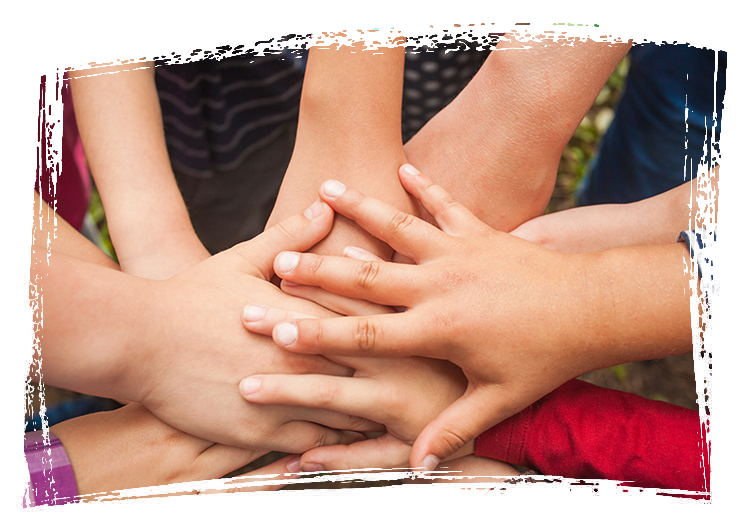
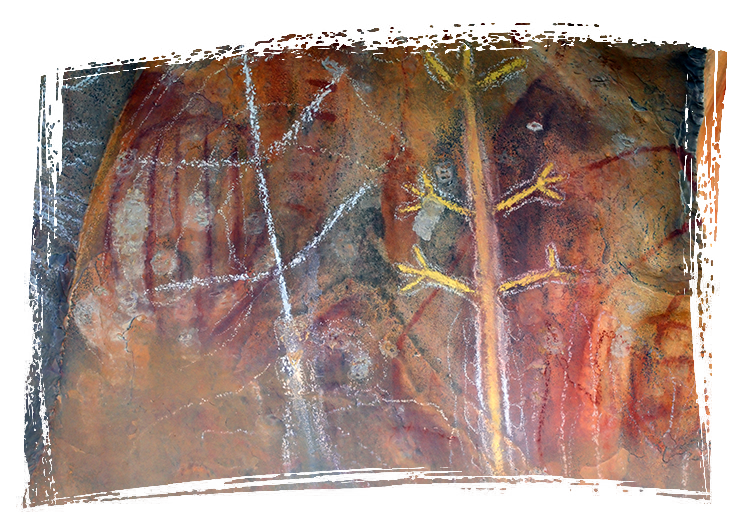
Australian Indigenous Rock Art
Image source: ingimage






